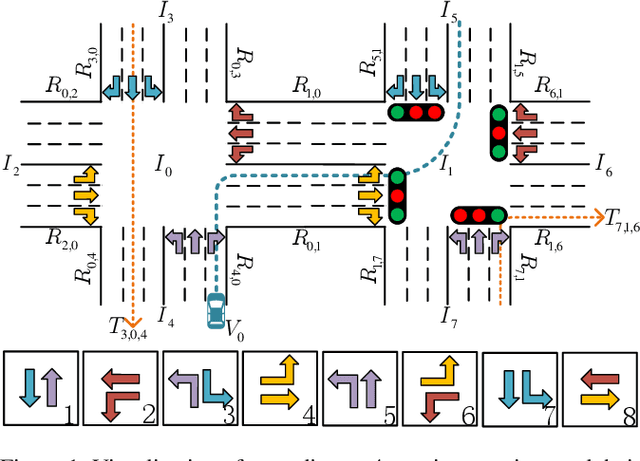Minhao Qin
Memory-enhanced Retrieval Augmentation for Long Video Understanding
Mar 12, 2025Abstract:Retrieval-augmented generation (RAG) shows strong potential in addressing long-video understanding (LVU) tasks. However, traditional RAG methods remain fundamentally limited due to their dependence on explicit search queries, which are unavailable in many situations. To overcome this challenge, we introduce a novel RAG-based LVU approach inspired by the cognitive memory of human beings, which is called MemVid. Our approach operates with four basics steps: memorizing holistic video information, reasoning about the task's information needs based on the memory, retrieving critical moments based on the information needs, and focusing on the retrieved moments to produce the final answer. To enhance the system's memory-grounded reasoning capabilities and achieve optimal end-to-end performance, we propose a curriculum learning strategy. This approach begins with supervised learning on well-annotated reasoning results, then progressively explores and reinforces more plausible reasoning outcomes through reinforcement learning. We perform extensive evaluations on popular LVU benchmarks, including MLVU, VideoMME and LVBench. In our experiment, MemVid significantly outperforms existing RAG-based methods and popular LVU models, which demonstrate the effectiveness of our approach. Our model and source code will be made publicly available upon acceptance.
Multi-Agent Reinforcement Learning for Traffic Signal Control through Universal Communication Method
Apr 26, 2022



Abstract:How to coordinate the communication among intersections effectively in real complex traffic scenarios with multi-intersection is challenging. Existing approaches only enable the communication in a heuristic manner without considering the content/importance of information to be shared. In this paper, we propose a universal communication form UniComm between intersections. UniComm embeds massive observations collected at one agent into crucial predictions of their impact on its neighbors, which improves the communication efficiency and is universal across existing methods. We also propose a concise network UniLight to make full use of communications enabled by UniComm. Experimental results on real datasets demonstrate that UniComm universally improves the performance of existing state-of-the-art methods, and UniLight significantly outperforms existing methods on a wide range of traffic situations.
 Add to Chrome
Add to Chrome Add to Firefox
Add to Firefox Add to Edge
Add to Edge